

 News
News Industry News
Industry NewsIndustry is a pillar of national development. The numerous gases present in industrial production processes present significant challenges for modern industry in terms of both safe production and environmental protection.
Many industrial gases are essential materials for electrical insulation, metalworking, and electronics manufacturing. Some are highly toxic, posing a health hazard if leaked. Other flammable gases pose explosion risks if improperly stored or used. Furthermore, even some inert or harmless gases, if present in excessive concentrations and resulting in a significant decrease in oxygen levels in the environment, can pose a risk of asphyxiation due to hypoxia.
These risks make gas concentration monitoring a critical component of industrial safety management, making safe and effective gas monitoring sensors crucial.
Combustible gas monitoring
1.Catalytic combustion
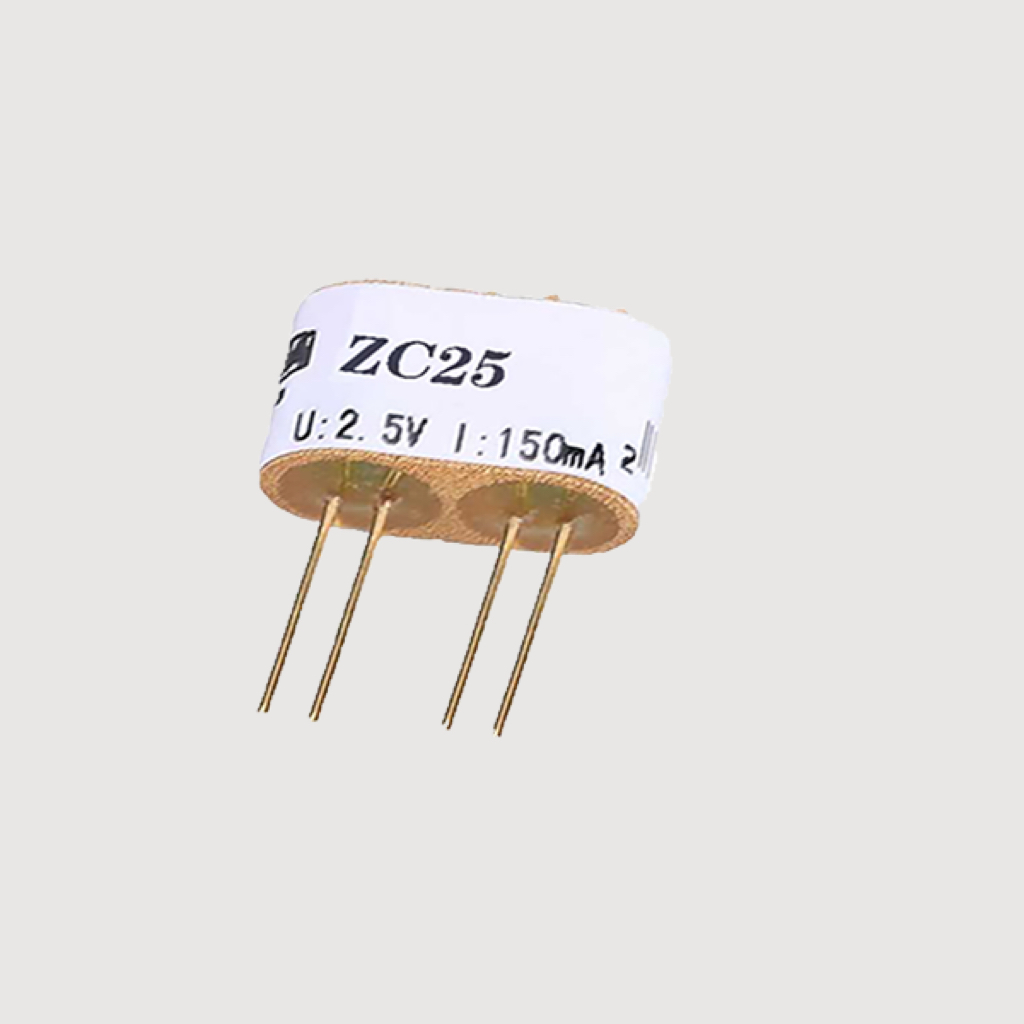
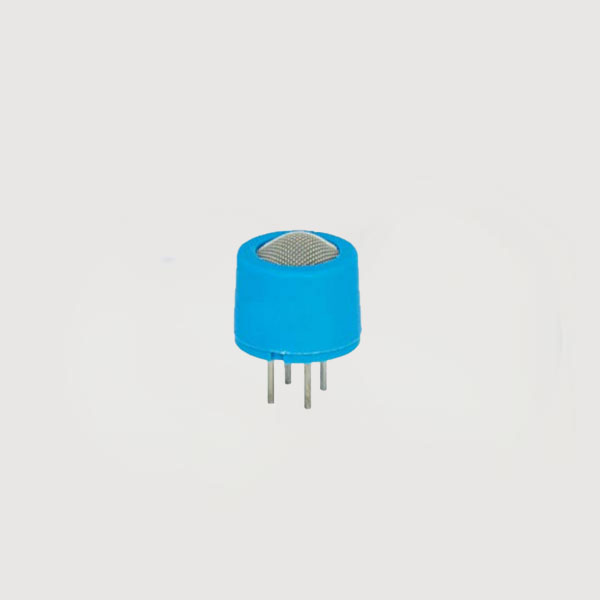
Catalytic combustion gas sensors are commonly used to detect the concentration of combustible gases such as natural gas, liquefied petroleum gas, coal gas, and alkanes at industrial sites. These sensors are considered the industry standard for combustible gas detection and have earned high praise for their reliability and excellent field performance.
2.Non-dispersive infrared
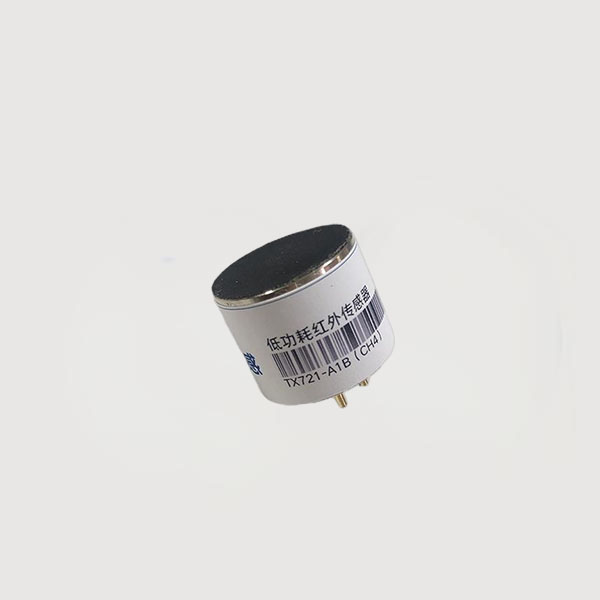
Infrared gas sensors use the non-dispersive infrared (NDIR) principle to detect hydrocarbon combustible gases in the air. They have good selectivity, no oxygen dependence, stable performance and long life. They can be widely used in industrial field instruments, industrial processes and safety protection monitoring.
Carbon dioxide monitoring
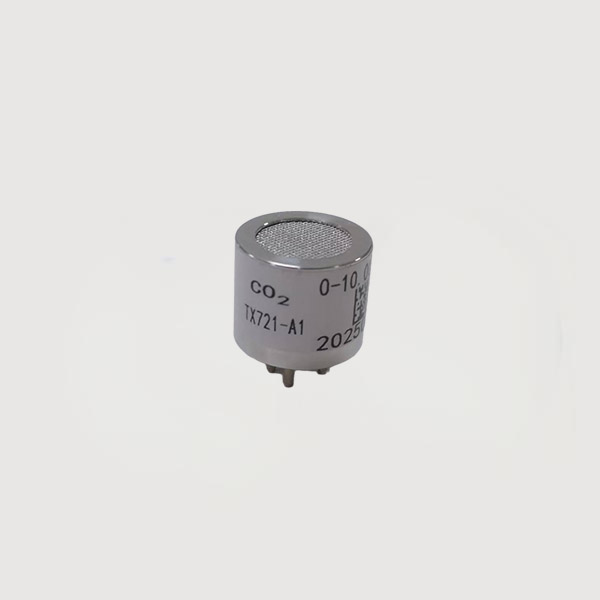
TX721-A1Infrared CO2 Gas Sensor
Toxic gas monitoring
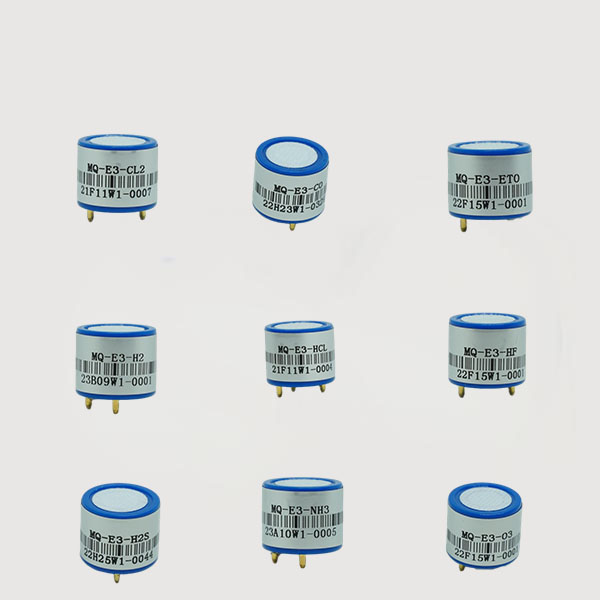
Electrochemical gas sensors are primarily used to detect various toxic gases and oxygen concentrations. Featuring low power consumption, fast response, and a wide linear range, electrochemical sensors are widely used in industrial and civilian gas detection applications. They can detect a variety of gases, including ozone, formaldehyde, carbon monoxide, ammonia, hydrogen sulfide, sulfur dioxide, nitrogen dioxide, and oxygen. They are often used in portable instruments and online gas monitoring devices.
VOC gas monitoring
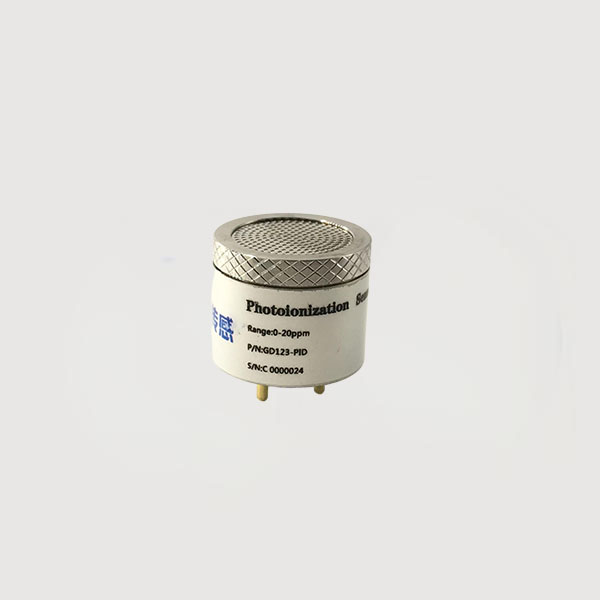
Photoionization sensors can detect most organic and some inorganic gases and are widely used in fields such as chemical engineering and transportation. Because they are particularly sensitive to changes in the concentration of the detected substance, photoionization gas sensors play an important role in initial personal protection confirmation, leak area identification, and decontamination.